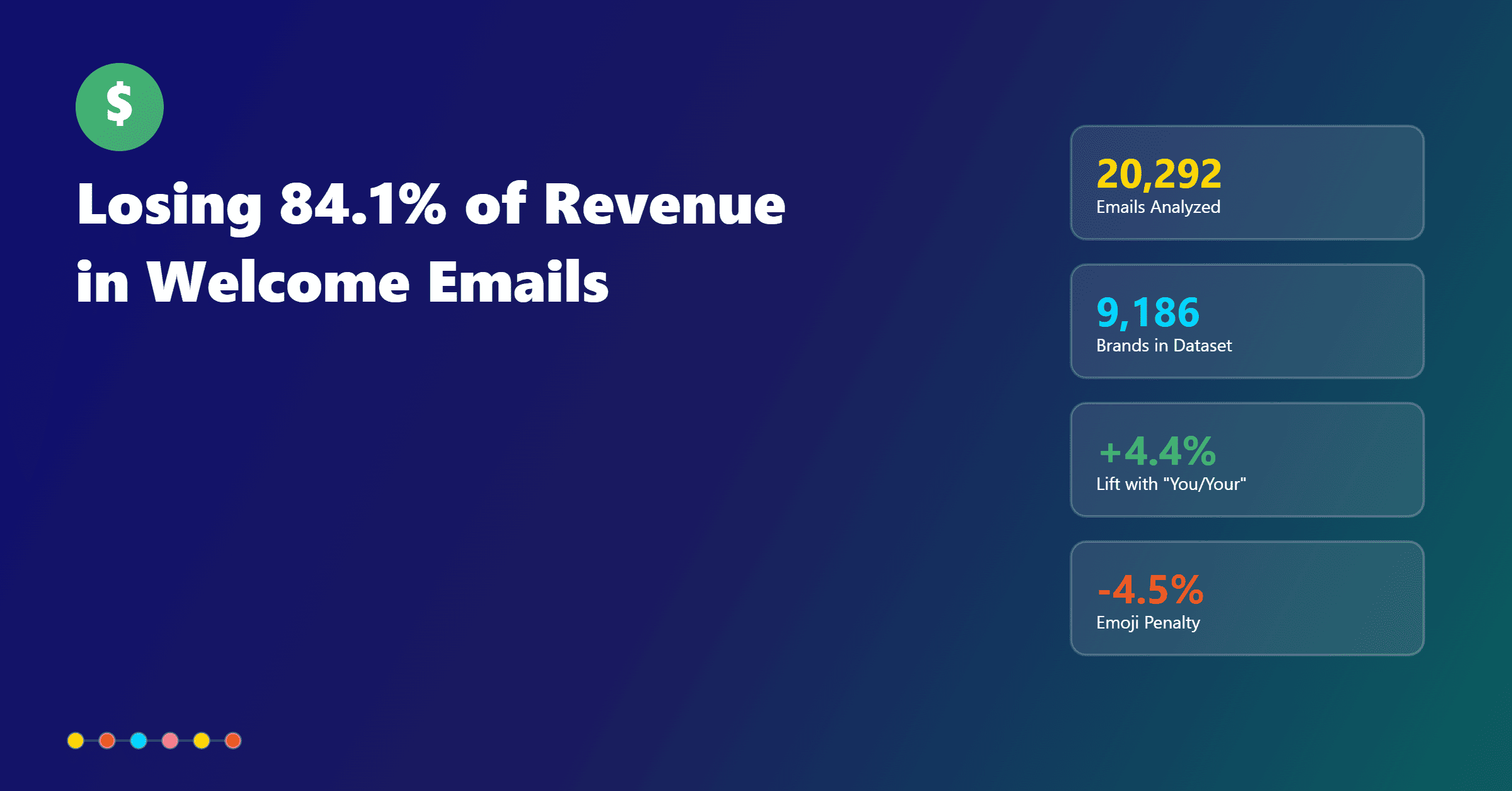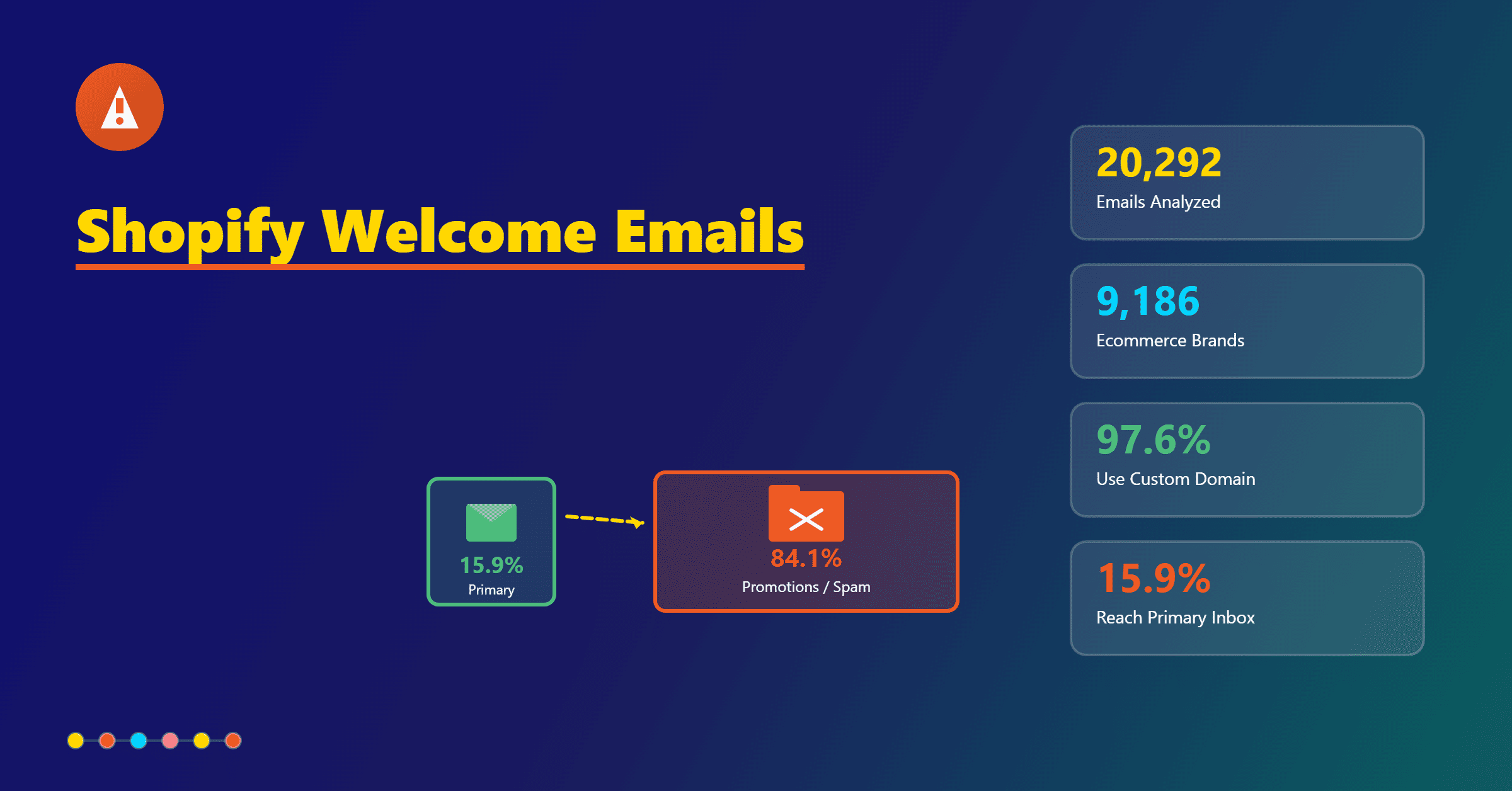You have sent an email believing it has been delivered, right? It is a common practice where we assume that the emails are delivered, but in many cases, they don’t; we need to know the reason. This article will guide you about what are the actual reasons for suffering email deliverability and how it can be fixed.
Quick Sneak Peek: What Is Email Deliverability?
It is a delivery measure of ESP’s (email service provider) ability to get your email landed in the right direction. It is a general direction to land into the recipient’s inbox without bouncing and is simply known as “email deliverability.” It is 99% in most cases, but we are here to discuss that 1%. Also, it measures the number of emails that are not blocked by spam filters and not sent to the recipient’s spam folder.
5 Reasons Why Email Deliverability Suffers?
Reason #1: Buying Email Lists
Everyone will dream of getting a top-notch list of emails and acing the task. But this could be a zig-zag shortcut leading to suffering email deliverability is something no one would dream of.
What happens is that; “you get a list of emails from your sources and ideally you ‘bought,’ but mind that only you know this. The recipient receiving a message/email from that person would not be appreciated because they would not be known to get an email from you for certain reasons. In such cases, the recipient marks your email as spam, and eventually, every email from that account will land in spam.”
Instead, try basic concepts like pop-ups or embedded forms that can help your business become familiar with them, and you can target them according to the segments and interests.

Source: Tony Robbins
Reason #2: Not Paying Attention To Email Verification
Verifying your emails is the same as crossing the road. You have to look at it both ways! If not, then you know. However, from a business point of view, it is practical and time-saving if you do it beforehand.
What does email verification do? It checks whether the recipients can receive your emails or not. Because in some cases, employees leave the company and their emails are non-working too. So, to avoid wasting time on such email addresses, paying attention to email verification beforehand is better.

Source: Hunter
A good email verification tool will help you simultaneously verify the bulk of email addresses. This can help you streamline your tasks more effectively and efficiently. The best email verification tools that can be used for business and personal use are:
- Hunter
- EmailListVerify
- MailerChecker
- Bouncer
- Snovio
Reason #3: Sending Emails With Misleading Subject Lines
Before sending an email, you must keep in mind that your recipient’s first impression would be on the subject line; about 70% of people judge/open emails based on their subject lines. Therefore, it has to be catchy and relevant to the primary email text.
You can even conduct email surveys to determine which subject lines result in the highest open rate and which cause confusion.
The pressure of having the right subject line that can lead to the highest open rate often gets so exhausting that the writers either write a kick-ass subject line or a misleading subject line and nothing in between.
What to do?
Remember to hit the pain point. For example, “I see {{company}}’s organic traffic has decreased to 13%. Do you want to increase it up to 32%?“. Most importantly, be realistic and do not offer extravagant numbers.
Make an offer they cannot refuse. For example, “My gift for you, {{name}].” Everyone likes offers, and no one would ever overlook it if it is a freebie.
Make if FOMO (fear of missing out). For example, “You are missing out on the best deal for Christmas: 2 days left“. It will create a chaotic situation for them, and they will want to know what they are missing — which leads to opening an email.
Reason #4: Adding Excessive Visuals To The Email
Emails certainly boost the open rate of your email, but if you do it, it can lead to a positive impact. Just imagine you have opened an email, and you see tons of visuals and barely any text. Would you opt for it? Let me guess… No?

Source: 99 images
Let’s take an example of another template where the designer has used one visual only, and that is too real. So the recipient would feel the email is from a safe source.

Source: Wistia
Reason #5: Using URL Shortener
The fondness of using a URL shortener has made email deliverability even worse. It is because it is considered soft spamming. In some cases, URL shorteners can be helpful, like Twitter, where the characters matter.
Without a doubt, a link like:
“https://lorum.com/blog/x-of-the-best-email-subject-lines-designed-to-boost-your-open-rates/” would look absurd on your cold email, but it has a better click-through rate. Because the recipient would know which links they are clicking on.
Source: reallgoodemails.com
Key Takeaways For Fixing Email Deliverability Rate:
It is regrettable that email deliverability is often taken lightly, and believed that the email that has been sent will be delivered. But as mentioned, there are cases where email does not deliver and marked as email blacklists. However, there is no need to panic. You can surely fix it by considering the following key takeaways.
#1 Make Sure Not To Buy Email Lists:
The recipients would not be happy to see an email without their consent; also, you are violating the GDPR rule by buying an email. Therefore, the best is the long run planning and emailing them with their consent and gradually building the relationship.
#2 Protect Your Domain Authenticity:
Make this your practice that before sending emails, it is essential to configure DKIM, SPF, and DMARC as they can increase the deliverability chances.
#3 Use Business Domains:
Emails from personal email addresses are something that should be appreciated. However, to look professional and get more responses, sending emails from your business account is ideal.
Conclusion: Why Does Email Deliverability Important?
Email deliverability, also referred to as inbox placement rate, is the success rate of successfully delivering emails to recipients’ inboxes. In 2021, the deliverability rate is expected to be about 80%, meaning that one in five emails will never reach the recipient’s primary inbox.
The greater your deliverability rate, the more likely your email will be read, taken into account, and potentially even acted upon. Conversely, poor deliverability reduces your return on investment (ROI) from email marketing and wastes the time spent developing a campaign.




